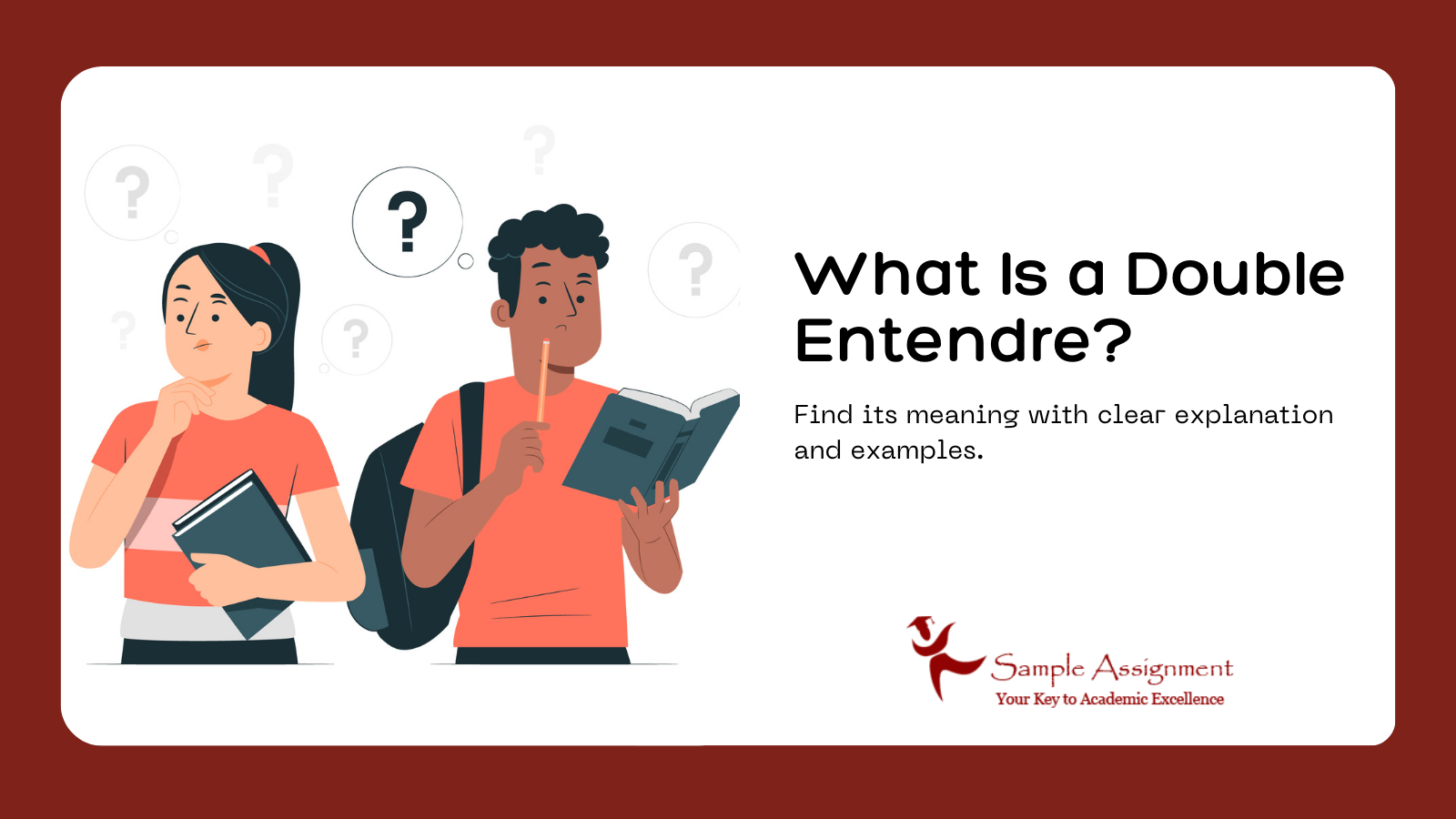
Ever heard someone say something that made you do a double-take, then laugh a second later? That’s the magic of a double entendre. It’s a play on words. What seems innocent on the surface might have a cheeky twist hiding underneath. If you’ve ever watched a sitcom, sat through a Shakespeare play, or hummed a song lyric that sounded just a little too suggestive, congratulations, you’ve encountered the sneaky genius of the double entendre.
But what exactly is it? Why do writers, comedians, and even advertisers love it so much? Most importantly, how can you spot it before your teacher does and gives you that look?
Knowing how double entendres work can level up your understanding of language (and jokes). So, let’s break it all down: Double entendre meaning, why does it matter, and how do you spot one without accidentally embarrassing yourself?
What Is a Double Entendre?
In plain English, a double entendre is a phrase or sentence that has two meanings—one of which is usually innocent, and the other... well, not so much.
- Double = two
- Entendre = understanding or interpretation (borrowed from French)
It’s like a secret code in a sentence. The first meaning is safe for public consumption—completely innocent. The second? Often a little risqué, suggestive, or even hilarious. It totally depends on who’s listening.
Double Entendre Definition:
A double entendre is a figure of speech in which a word or phrase can be interpreted in two ways, typically with one meaning being more obvious and the other more subtle, ironic, or inappropriate.
In simple words,
Innocent meaning + Hidden/spicy/sarcastic meaning = Double Entendre
Why Do People Use Double Entendres?
Honestly? Because they’re fun. But also because they let you say something bold, spicy, or controversial without actually saying it outright.
If you’re trying to flirt, joke, or criticize without offending anyone, double entendres are your best friend. They make you sound clever, playful, and just a tad mischievous.
Writers and speakers use them:
- To be humorous without being explicit
- To entertain without offending
- To sneak in taboo topics under the radar
- To get a laugh from those in the know
How do double entendres work?
Double entendres work because they let us speak in code, just smart, funny and sometimes scandalous code. They're not just about being naughty or cheeky; they're about using language creatively, playing with meaning, and making people think (and laugh).
Words with similar sounds (homophones) and spellings (homographs) are frequently used in double entendres. The subtlety of a double entendre can lend sophistication and artistry to topics that could otherwise be seen as vulgar.
1. Wordplay with Double Meanings
Many words in English have multiple meanings. Writers and speakers exploit this to create layers.
Example:
"She handled the situation with great control."
It could mean she kept her cool... or she’s into dominance, depending on the context. See what happened there?
2. Context Is the Clue
The hidden meaning is never directly stated, it’s implied. Your brain fills in the blank based on tone, facial expressions, or surrounding words.
Example:
"He’s got a big… vocabulary."
Innocent? Maybe. But if it's said with a raised eyebrow and a smirk? Now you’re suspicious. That’s context doing its thing.
3. Double Entendres Thrive on Suggestion
They don’t tell you the second meaning; they hint at it. That’s why they’re clever. If they were too obvious, they’d just be dirty jokes or bad puns.
The beauty lies in the gray area where plausible deniability lives. You could always say, “What? I didn’t mean it that way!”
4. Your Brain Loves to Decode
Part of why double entendres are so fun is that your brain loves puzzles. When you catch the second meaning, it gives you a little dopamine hit. You feel clever. You’re part of the inner circle.
Why Should You Care About Double Entendre Meaning?
Besides the fact that they’re fun and make conversations more colorful, they’re also a big deal in writing, public speaking, and media.
If you’re writing a short story, a script, or even a social media caption, a well-placed double entendre can make your words pop. It adds a layer of wit and sophistication and, yes, maybe a little cheekiness.
Plus, understanding double entendres makes you a better reader and listener. You’ll catch hidden meanings, understand jokes faster, and maybe avoid accidentally saying something embarrassing in a professional setting. (We've all been there.)
Double Entendre Examples in Literature
1. William Shakespeare – Pretty much everything he ever wrote
Shakespeare was the king of the double entendre. He made wordplay an art form.
From Romeo and Juliet:
"My naked weapon is out." — Mercutio
- Literal meaning: He’s drawn his sword.
- Implied meaning: Yep, that’s exactly what your brain thinks it is.
- Why it works: It’s cheeky but not explicit. Typical Mercutio humor.
2. Jane Austen – Subtle social shade
From Pride and Prejudice:
“She is tolerable, but not handsome enough to tempt me.” — Mr. Darcy
- Literal meaning: He’s not interested in Elizabeth (yet).
- Subtext: It’s an insult and a teaser—he clearly is tempted later.
- Why it matters: It’s Austen’s way of using restraint and status as social power.
Wait, Is This Like a Pun?
Good question! Kinda, but not quite. Puns rely on wordplay, words that sound alike or have multiple meanings. A double entendre can involve a pun, but the key is the double layer of interpretation. Not all puns are double entendres, and not all double entendres are puns.
Think of it this way:
- A pun is clever wordplay.
- A double entendre is clever, plus sneaky, suggestive, or funny.
Pun Example: A bicycle can't stand on its own because it is two-tired.
Innuendo vs Double Entendre
Innuendo is often the engine that powers a double entendre. It’s that subtle, often suggestive hint that lets the listener fill in the blanks. While a double entendre involves a full phrase with two meanings, innuendo is usually the sly suggestion that gives it its edge. Think of innuendo as the wink and double entendre as the sentence doing the winking. You don’t need to say something outright, innuendo lets you imply it with just enough ambiguity to keep things playful, or polite, or plausible. It's the difference between saying “nice buns” at a bakery and pretending you’re only talking about the bread. (Sure you are.)
Official Innuendo Definition:
Innuendo Meaning (noun):
A statement that indirectly suggests something (often inappropriate, sexual, or humorous) without stating it explicitly.
Simple Version:
Saying one thing but kind of meaning another and hoping your audience reads between the lines.
|
Feature |
Double Entendre |
Innuendo |
|
Definition |
A phrase with two clear interpretations |
A hint or suggestion of something else |
|
Subtlety Level |
Clever but often obvious once you hear it |
Usually more subtle and requires context |
|
Structure |
One sentence, two meanings |
One sentence, one meaning + a wink |
|
Used For |
Humor, irony, suggestiveness |
Implication, flirtation, inside jokes |
|
Example |
“If I said you had a beautiful body, would you hold it against me?” |
“He always comes early—very punctual.” |
Example of Innuendo in Literature
1. Emily Dickinson – Quietly daring
From her poetry:
“Wild nights – Wild nights! Were I with thee, Wild nights should be Our luxury!”
- On the surface: Romantic longing.
- Subtext: Very possibly a steamy confession, wrapped in 19th-century elegance.
- Dickinson was a master of suggestion.
We’re pretty sure you’ve now got a solid grip on what double entendres and innuendos mean. If you need any help with language assignments or literary analysis, our Assignment Help Australia service is here for you. Our expert writers can break down even the trickiest literary concepts and turn them into stress-free, high-scoring essays.


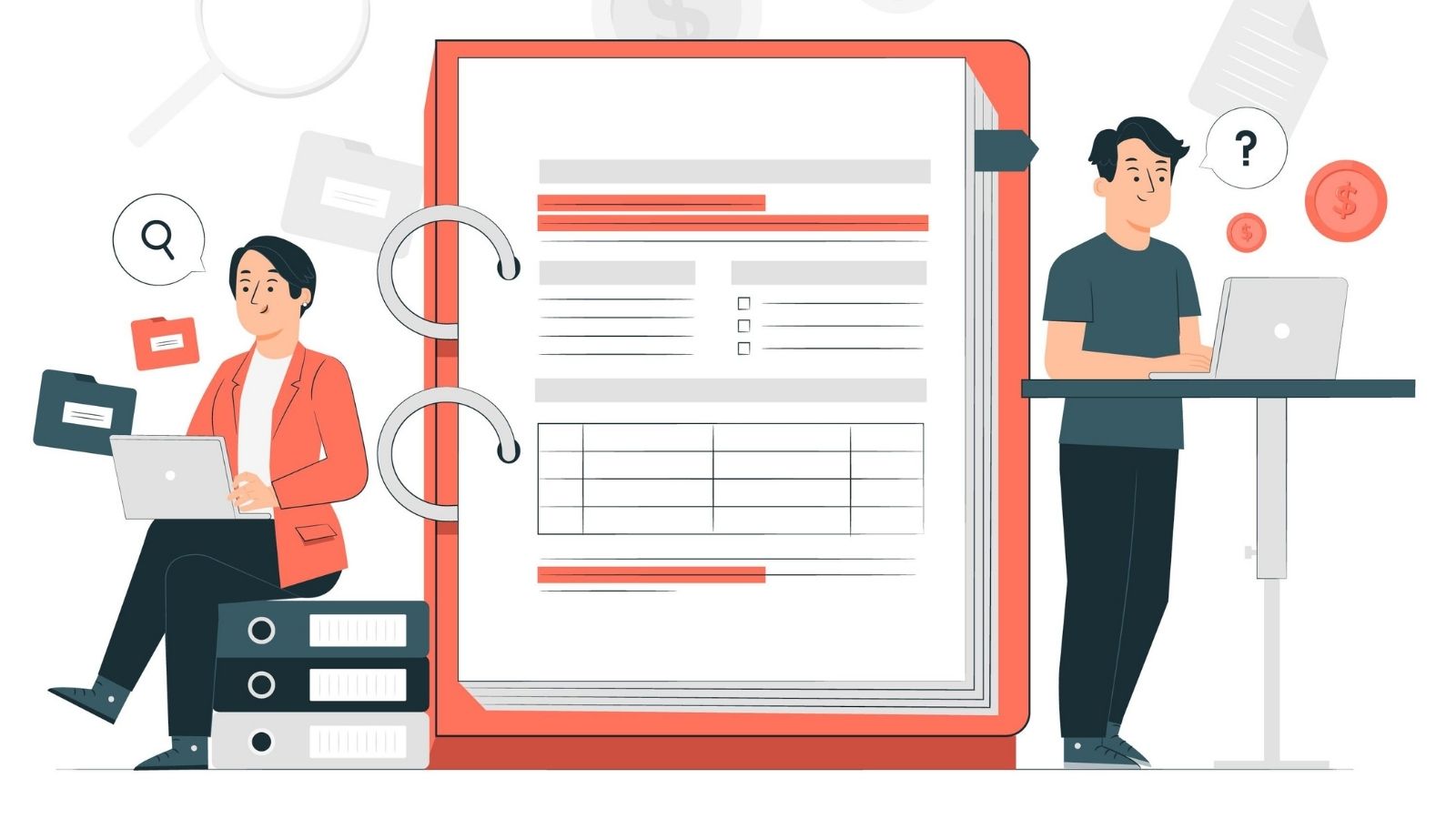
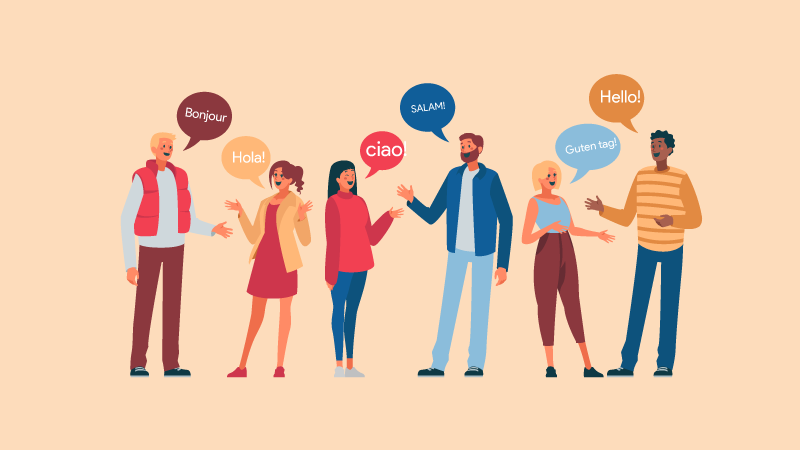
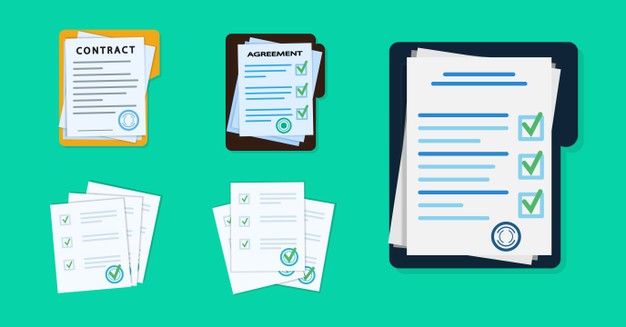
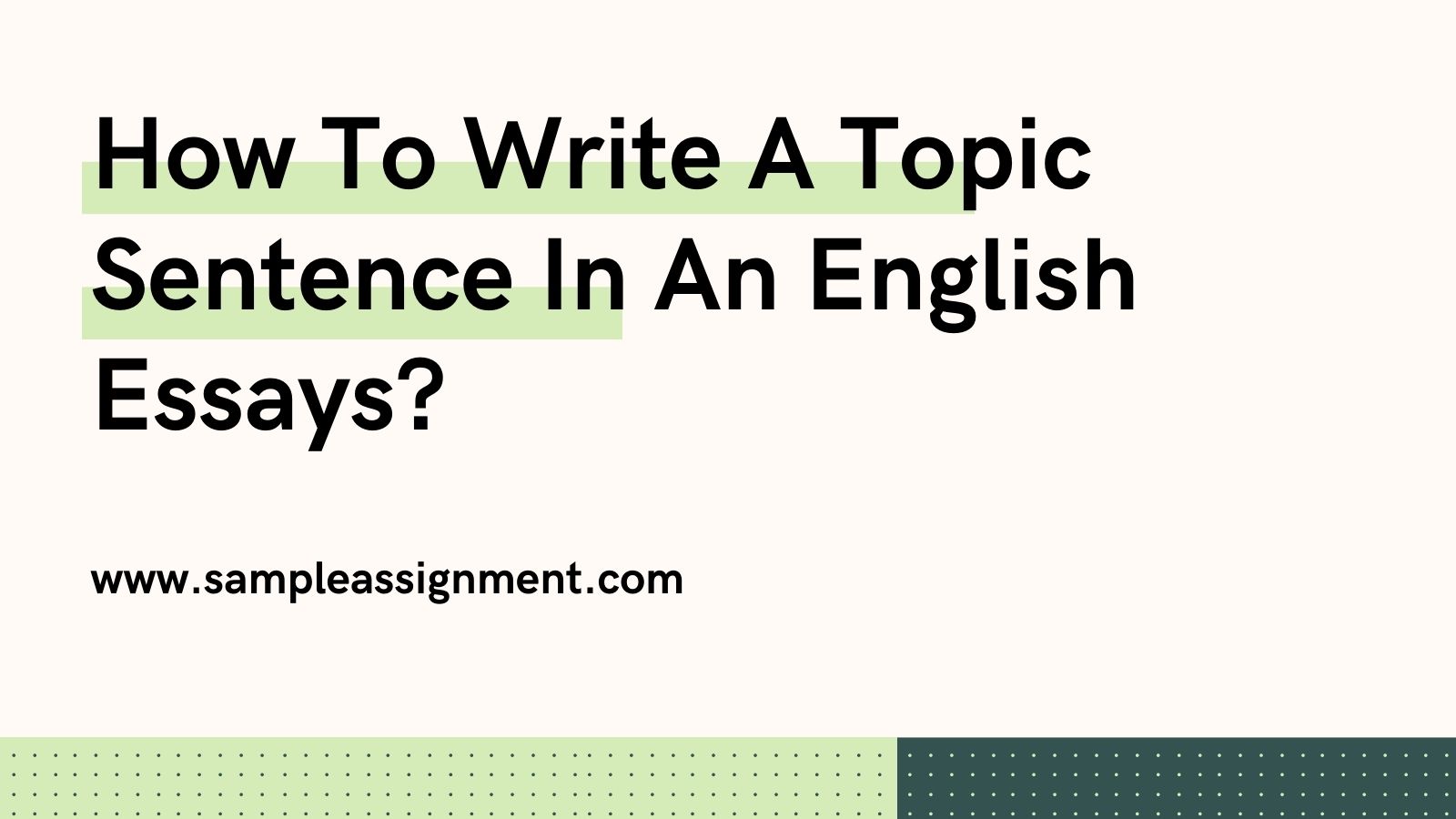



Loved reading this Blog? Share your valuable thoughts in the comment section.
Add comment